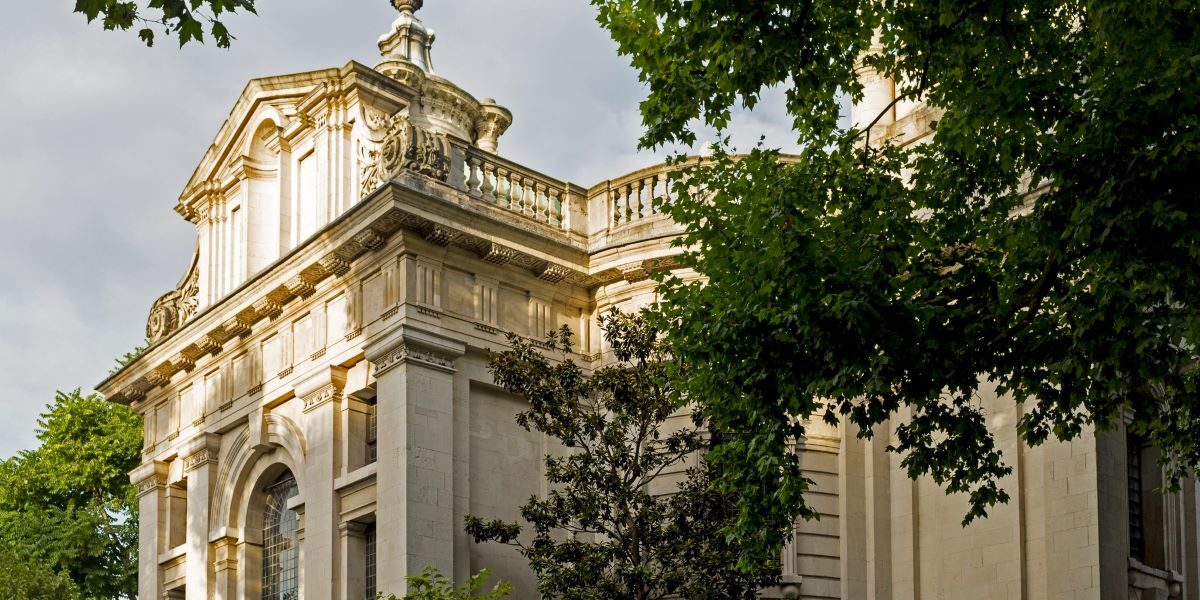This concert given by Iestyn Davies, Mary Bevan and the Early Opera Company, led by Christopher Bucknall, not only delivered performances of the highest quality, but across only two hours offered a carefully curated portrait of the range and evolution of Handel’s operatic imagination. The first half focused on duets and arias from his early works, operating very much within the conventions of ‘opera seria’, stressing the heroic actions and stoic endurance of individuals showing ‘grace under pressure.’ The second half presented a segue into his later oratorios which offer a similar celebration of hard-won virtue and powerfully evoked suffering, but with more elaborate orchestral effects to compensate for the concert as opposed to theatrical setting.
While the spotlight was primarily on the complementary voices of the two soloists, we were also treated to various overtures and instrumental interludes from the operas which recalled to us that opera and oratorio were as much opportunities for instrumental virtuosity, whether from Handel himself or one of his key collaborators. Here there was a prominent role for Leo Duarte’s solo oboe in one of the concertos that provided interval interludes for the later oratorios. Within the precise, yet warm, acoustic of St John’s Smith Square, a church Handel knew well, we were usefully reminded of the advantages of a small band of top-quality players in allowing all the lines of this music to be heard with equal clarity and weight.
A short review cannot give its due to a long and varied programme, but it was a rare pleasure to have a focus on duets above all. Bevan and Davies are regular collaborators whose voices blend well. They capture idiomatically the moods of sensual rapture, blazing defiance, insinuating plotting and competitive insincerity that Handel dramatises so memorably in this form. There is a playfulness and a plangency in their back-and-forth that gives you a dramatic sense of situation without the need for stage apparatus. As you shut your eyes, both mood and moment come vividly to life. Towards the end they even switched from voice to recorders to show how well these pieces translate to purely orchestral arrangements.
Inspersed among the duets were a delicious selection of solo arias, both saucy and sacral. Davies gave us a scintillating account of ‘How can I stay when Love invites?’ from ‘Esther’, and a searingly contrasted ‘Kind heav’n, if virtue be thy care’ from ‘Theodora.’ This offered an object lesson in the affective power of ornamentation in the ‘da capo’ aria, with each inflection or roulade taking you a stage further into the pyschology of the character’s dilemma and pain. Bevan, for her part, dug deep into ‘Piangerò’, Cleopatra’s noble lament from ‘Giulio Cesare’, while finding a delicious dob of defiance in the middle section. She also alighted upon the right texture of pellucid delicacy for ‘Crystal streams in murmurs flowing’ from ‘Susanna.’
The evening ended with an unscheduled performance of ‘Pur ti miro’, the final duet from Monteverdi’s ‘Incoronazione di Poppea.’ As the vocal lines lovingly twined around each other, we were reminded rightly that for all his apparent foundation in stolid Germanic counterpoint, Handel’s temperament and personality were shaped in Italy in a musical tradition and training where the sacred and the sensual acknowledge no boundaries, and where the stage is never far away. To paraphrase Eliot, ‘In our end was our beginning.’
Early Opera Company
Performers: Mary Bevan, Christopher Bucknall, Iestyn Davies, Leo Duarte
18 May 2024
2 hrs, with interval

